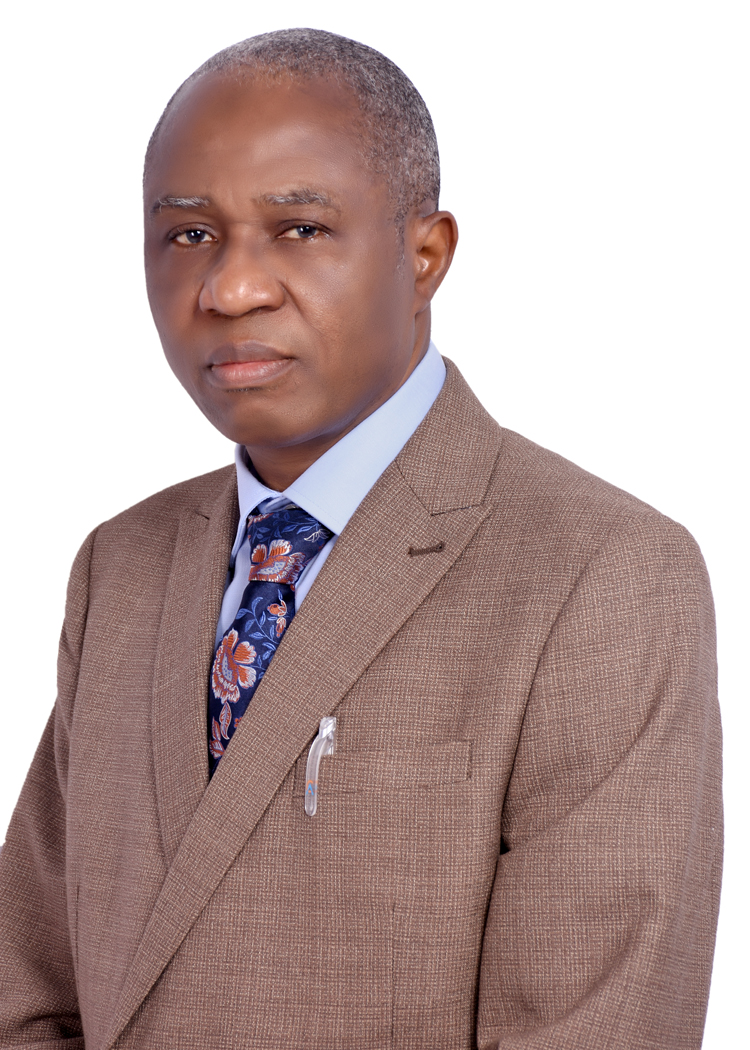
Dapo Ayoola, C.E.O Zenith Professional Training
Zenith Professional Training, organizer of the annual Sub Saharan Africa Upstream Oil and Gas Summit has said its forthcoming conference will seek to exploit the opportunities in the East African oil and gas industry with a special focus on Tanzania.
In a statement by its Chief Executive Officer, Oladapo Ayoola, the company said the conference will provide opportunities for an exchange of ideas on best practices between investors and regulators across the region.
He said, “From April 9-11, 2019, we will discuss the unique investment opportunities in East Africa with a focus on Tanzania. We are asking PURA (Petroleum Upstream Regulatory Authority) of Tanzania to come and tell us what we need to do for a successful investment.
“We have asked the CEO of Petroleum Commission of Ghana to come and talk to us. This is because if investors know what the fiscal policies are and what the procedures are, it will be easier for them.
“The theme for 2019 is ‘Gearing up for Growth: Sub Sahara Africa Oil, Gas and Power Value Chain.”
“The highlight of that will be a focus on Tanzania and the east African bloc. This year’s summit will provide opportunities for practitioners and investors to showcase what we already have, exchange ideas on what we are doing rightly and what we can learn from each other-West Africa learning from east Africa, east Africa copying best practices from West Africa and South Africa.
“Nigeria is a success story of so many indigenous entrepreneurs who have gone not just into downstream but Exploration and production. We have many success stories to take to the rest of Africa. From Eroton, Aiteo, Amni, Seplat among others.”
According to him, a major challenge to the continent’s growth in the sector is the lack of sustainable funding mechanism.
He said, “Like any other sector, the challenges are there but the way we are approaching the challenges is focusing on opportunities and talking to regulators. If regulators are upfront with investors by telling them what they need to do and then we get a checklist, that’s all an investor wants to know.
“At the summit, we will also discuss funding opportunities. Can we pull together as a continent and fund genuine investment opportunities on our soil?
“In terms of manpower, Nigerians are as brilliant as any other part of the world. What we have not been able to put together is our own funding mechanism.
“Another issue we have not perfected is technology. We know that if you have the right personnel, you know the fiscal policies of the country, then you can bring a huge pocket to your advantage, then you buy the technology and then we have the capacity to deliver,” he stated.
Speaking on the gains of past events, he said, “Despite it being an up and coming platform, we are beginning to see the impact.
“Specifically, during the first edition in 2015, Nigeria Petroleum Exchange (NIPEX) was there and they had a stand. We had a gentleman there from Uganda.
“Today, NIPEX is consulting for Uganda regulators, supporting them on how to start a Petroleum Exchange which will be the first in East Africa. This is a nation to nation benefit.
There are also individuals who are consultants who have met and relationships formed for mutual commercial benefits.
“Last year, we broke new grounds. We brought about 25 oil and gas host community members who came to the platform to say what they would like to see and how best they can make the relationship between them and oil companies a beneficial one.
“We also introduced Women in Petroleum forum. The leadership in the petroleum sector is male dominated. I have a brilliant young daughter in the university who I’d like to be given a fair level playing ground. One point we made last year was to explain that even if that young girl is studying finance, there is a place for her in oil and gas.
“A popular misconception is that one need to study engineering to work in Oil and Gas but there is someone who runs the Administration, Community engagement, finance and IT. It is a basket where everything must be present for the smooth running of the organization. We are saying the girl child has a place in the oil and gas.
“So, we are calling on women who have achieved success in the oil and gas industry to mentor young ladies right from the university. We are widening the platform as part of our own contribution,” he added.
“There is no reason why Tanzania should be going in search of consultants in Europe when Nigeria has 60 years experience. You can imagine the number of people who have retired with the wealth of experience.
“Why are we not sharing best practice? Why importing from somewhere where they don’t understand our peculiar community challenges? This is the platform for the future.




